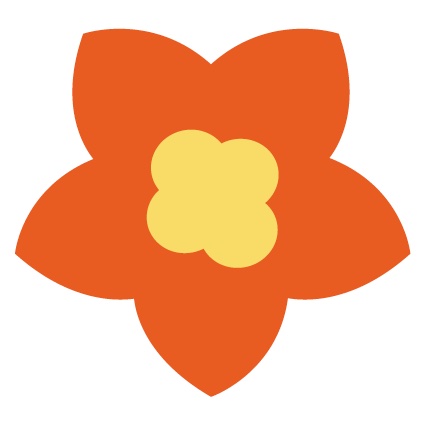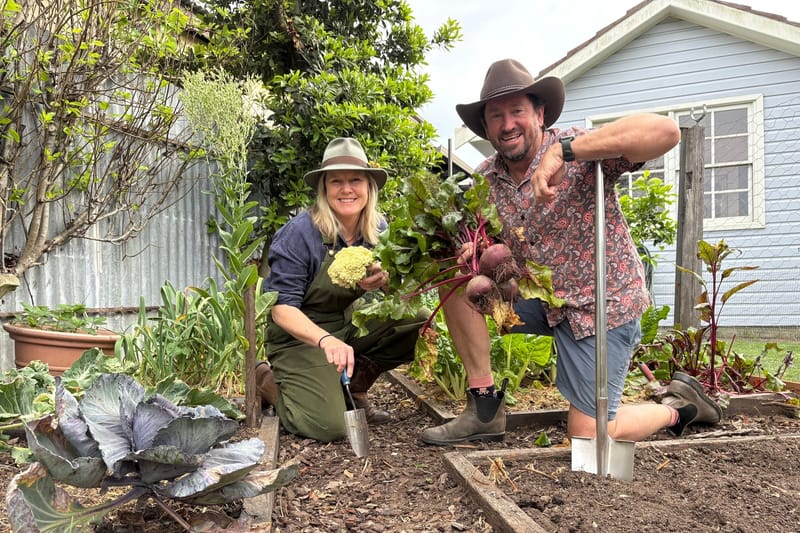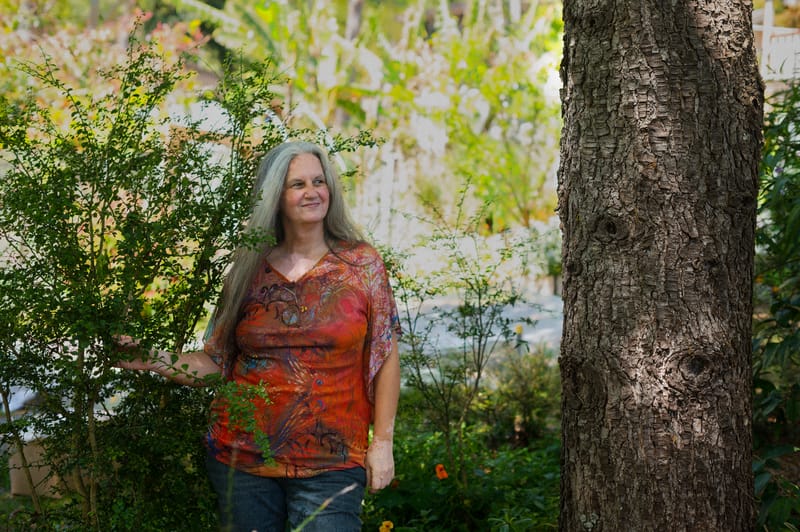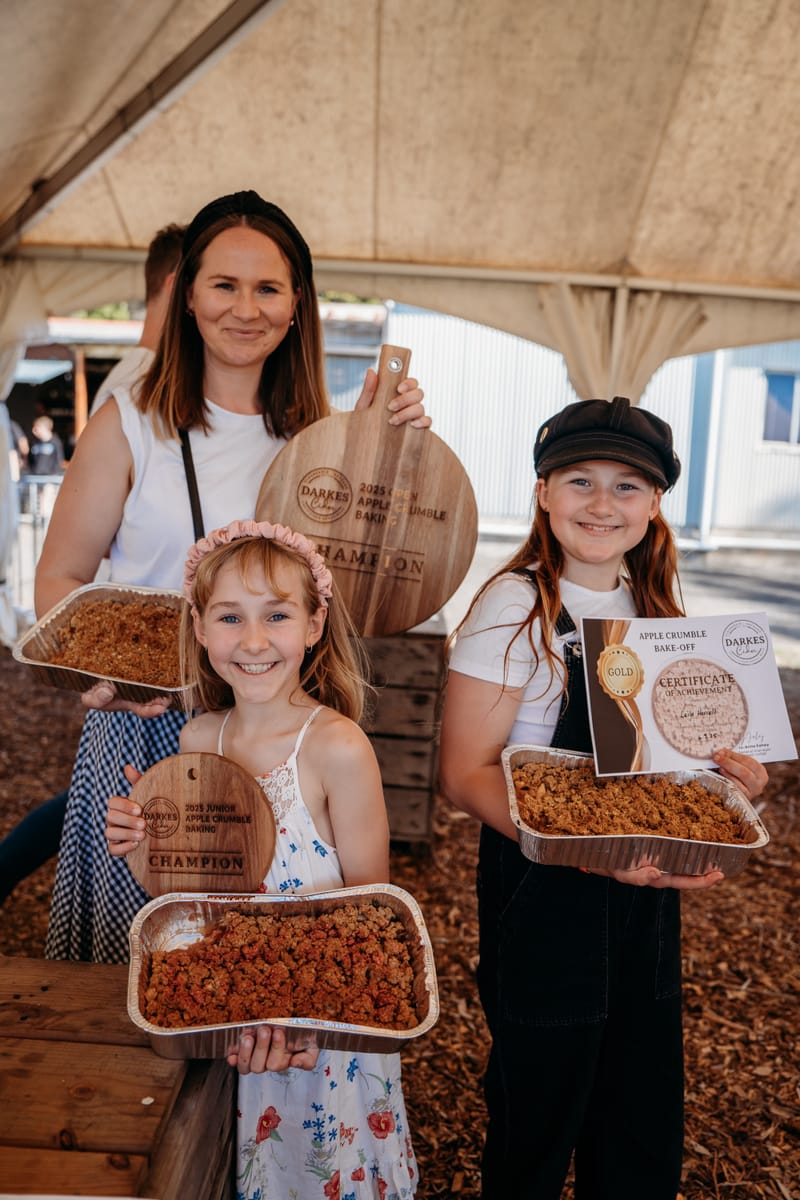Meet the Bee Whisperer
Richard Foote of Skinnectar is a beekeeper who supplies the Flame Tree Co-op with Beeswax Candles
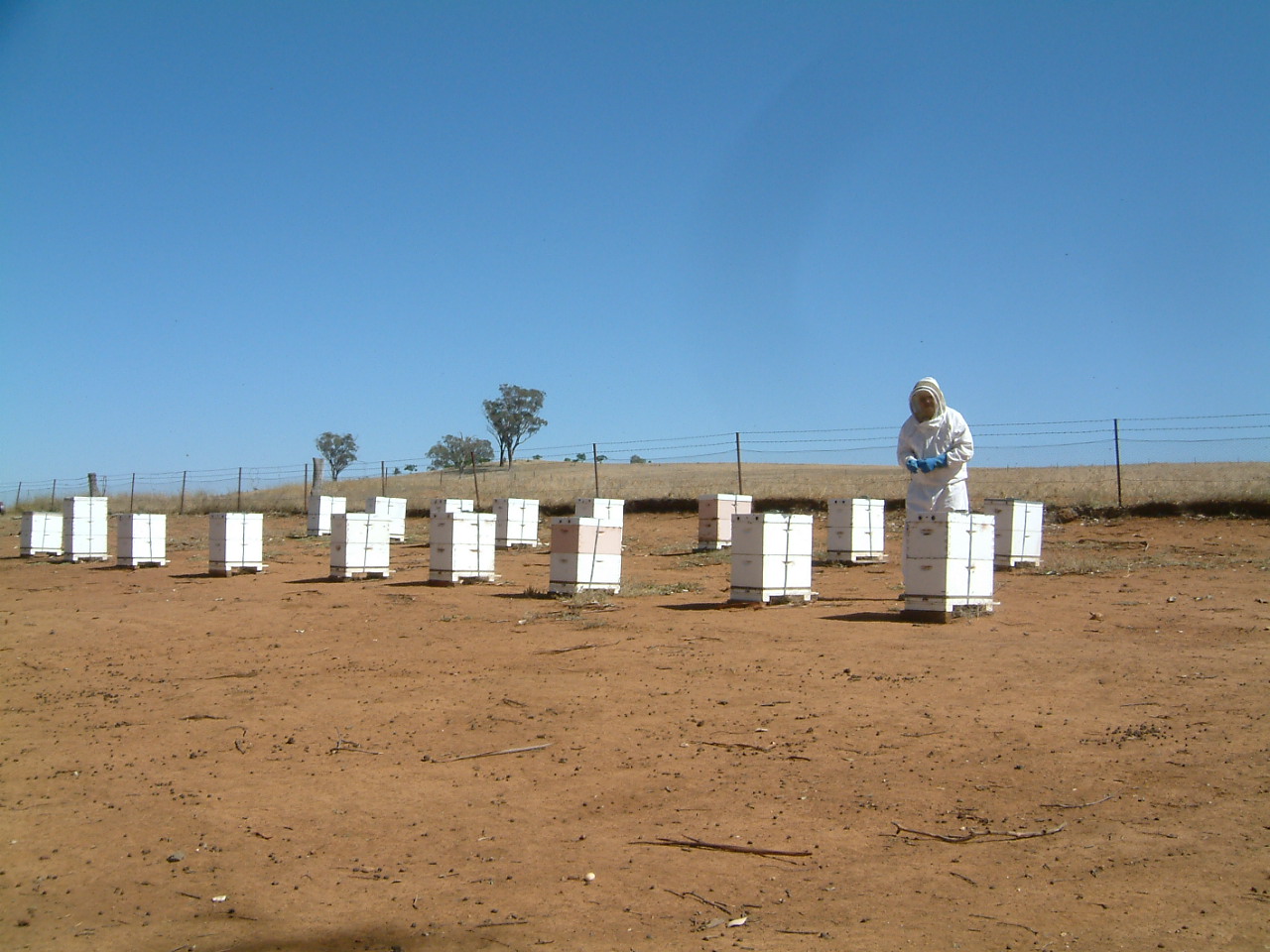
Richard Foote of Skinnectar is a beekeeper who supplies the Flame Tree Co-op with Beeswax Candles
I have been a beekeeper for over 25 years and am still learning from the bees.
I began beekeeping after wanting to meet people with detailed knowledge about the local flora. The people I met who had this information were the local beekeeping club that I am still a member of. They knew the tree’s names and all the details about the bush. It just flowed on from there. They taught me all about the bees and the trees.
Then I had honey and wax which I had to use, so I began a business of bee products, including candle making.
Young bees eat honey or nectar and hang in festoons from the top of their hive. They produce small scales of beeswax from between their abdomen segments, which are collected and used to build the comb hive. The nectar from different trees, as they flower, gives the honey and beeswax produced different properties.
Any environmental changes will result in changes to the bee’s products (wax and honey) and thus the candles made. Drought, floods and fire all affect the candles’ burning rate, odour and oil properties.
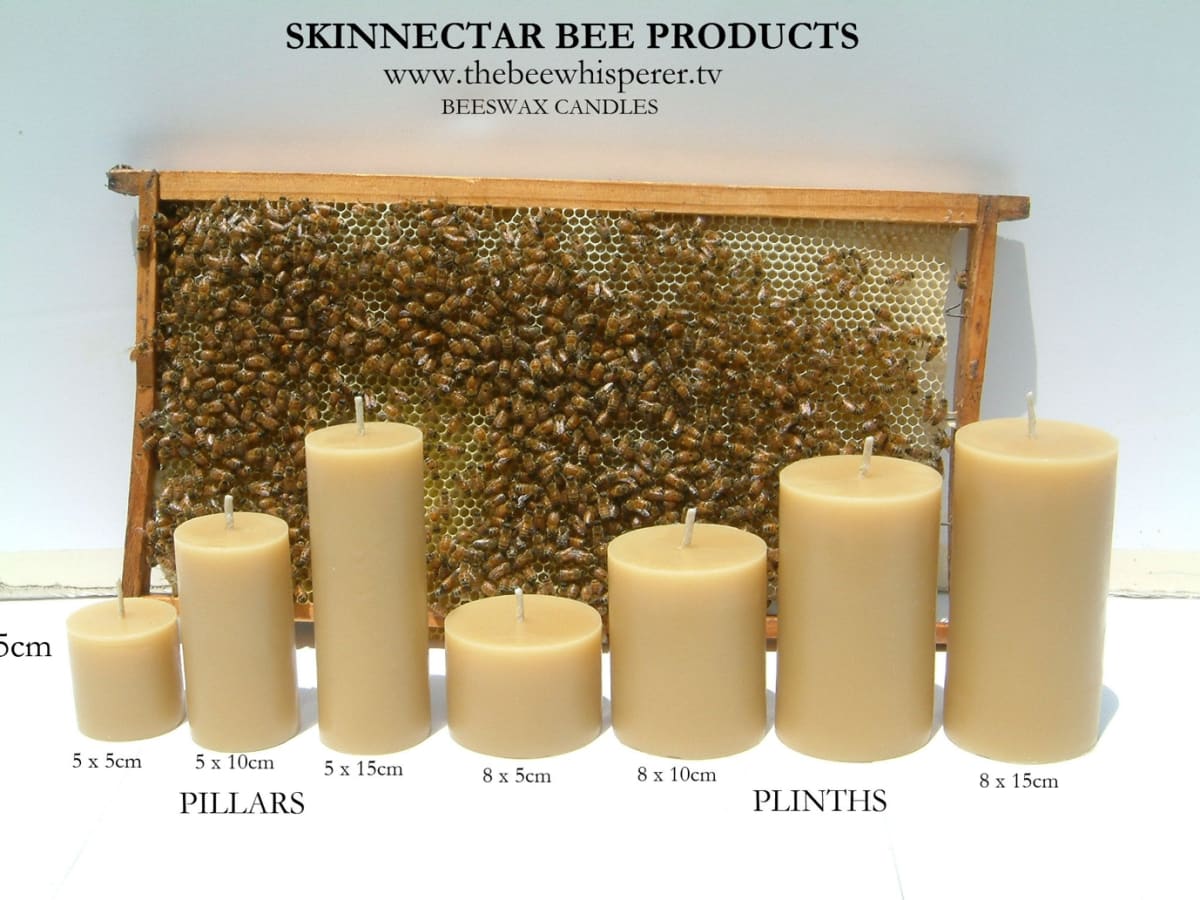
As a candle maker I must adjust and test the various wicks to suit the wax periodically. Beeswax is the densest natural wax so will burn for the longest time.
Beeswax candles have many benefits. They emit a bright, healthful light within the same spectrum as the sun, and their negative ions clean the air and invigorate the body.
My Best tips on using beeswax candles are to ensure a safe place with no draughts and to put them on a plate. Before lighting always break off the old black burnt wick to give the nicest flame. Use leftover wax to make another candle or as a lubricant for stiff doors and drawers.

